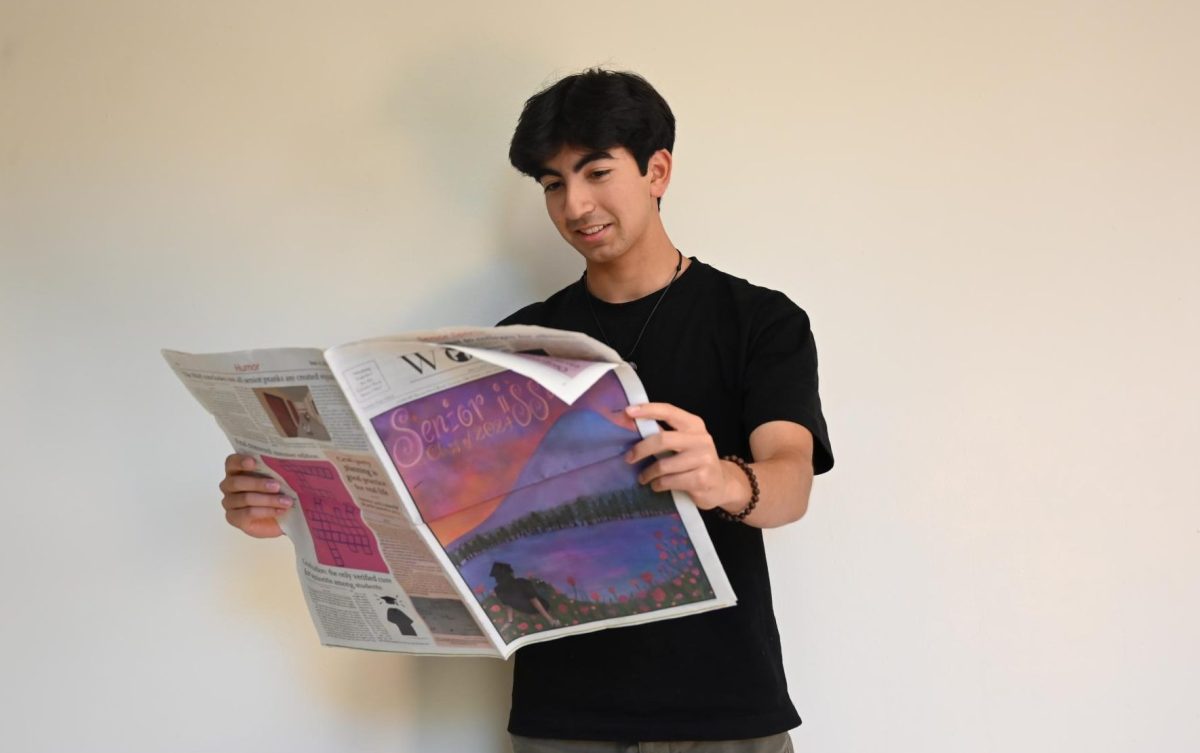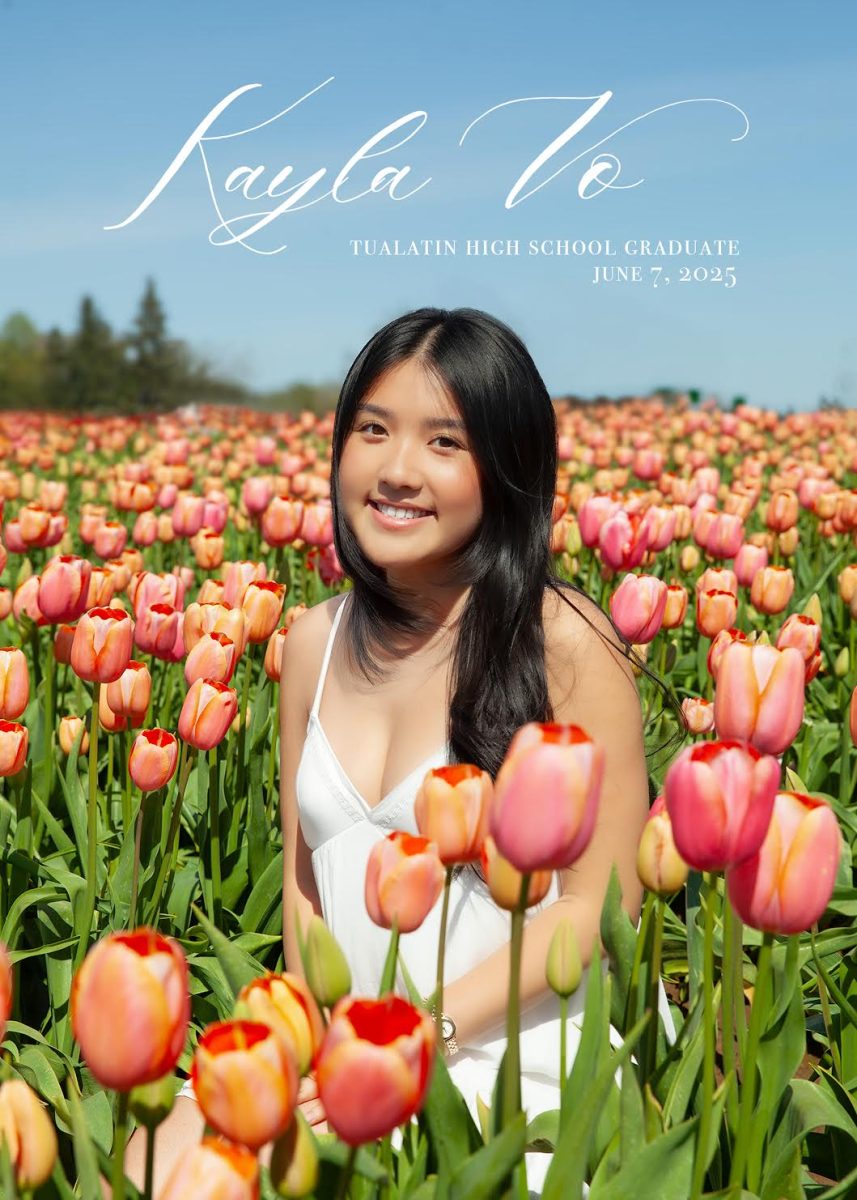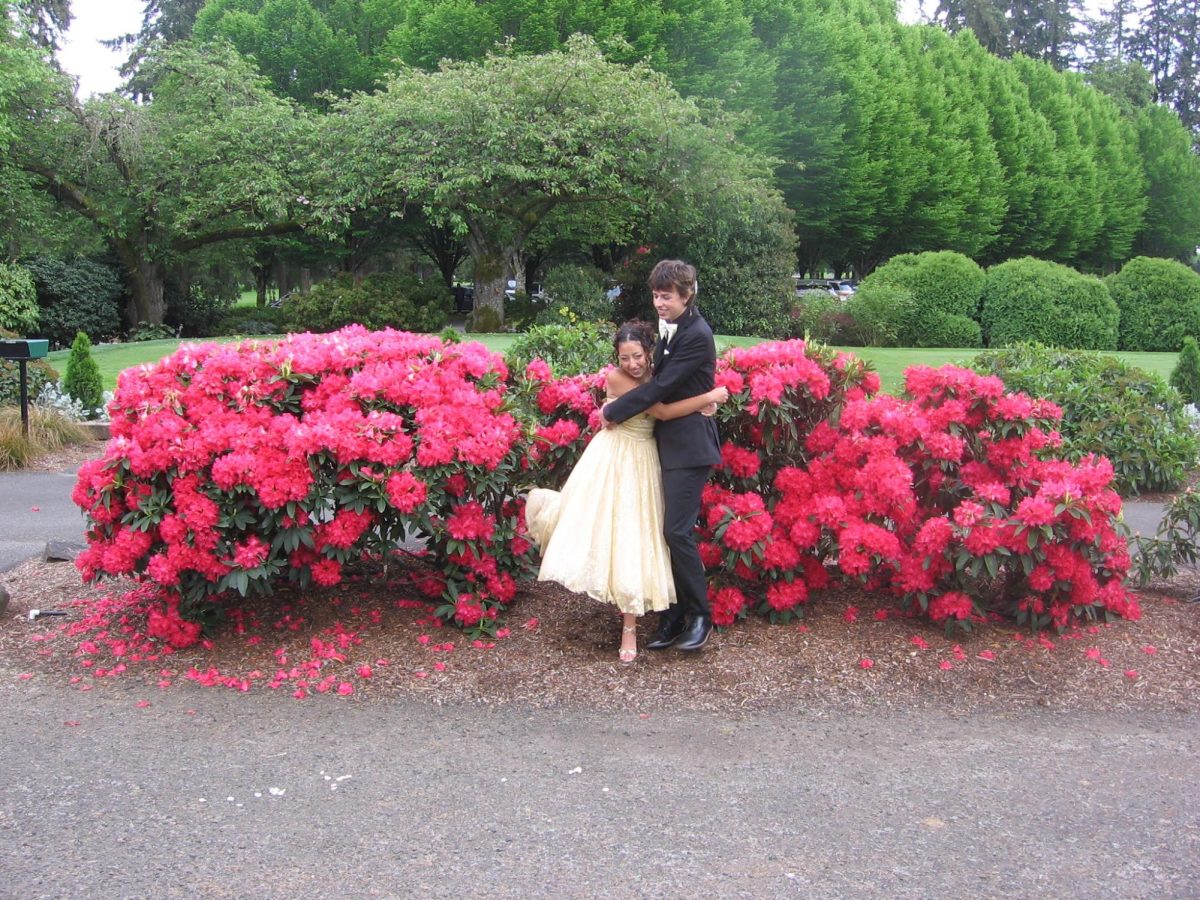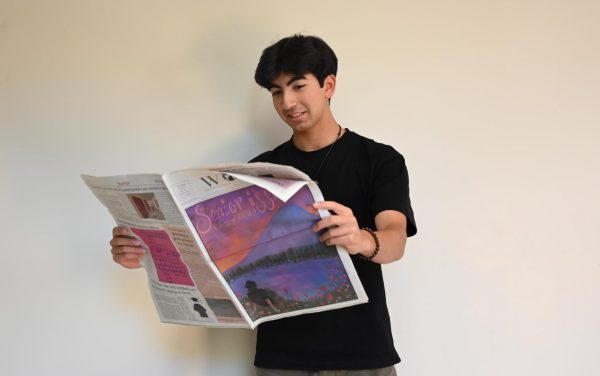My family is unique – not just because of our diverse ethnic background, but because we celebrate cultural traditions that are often overlooked or even deemed strange and unappealing in the United States. Being half-Indian and half-Japanese, I’m constantly immersed in the two cultures, especially through the variety of cuisines I get to enjoy. This has taught me to appreciate the unique opportunities I’ve been given; however, living in the U.S. has subtly shaped my household and strongly affected my view on identity. Let me explain.
The common portrayal of dirty streets and dangerously unhealthy street food, while it may be true, is how most people develop negative perceptions of India: because of the stereotypical depictions of the country prevalent on social media. For some, that’s all they correlate with India.
It has placed an invisible barrier around me, so I am unable to willingly share the fascinating culture of my Indian heritage.
I love sharing about Japanese culture, but my friends rarely hear about how I celebrate the other side of my family, as I often anticipate a negative association between Indian culture and the stereotypes of the nation shown on the internet. The negative stereotypes of Indians portrayed in society have wrecked me; it’s devastating to see that many are not keen to learn about one of the most unique historical cultures of the world, and instead, show a random disgust towards them.
I want to share two unique traditions – one from Japanese culture and one from Indian culture – that I celebrate.
Every year on New Year’s, my family celebrates and indulges in a traditional Japanese dish called Osechi-ryōri (お節料理). Similar to bento boxes, Osechi is eaten from its large bento boxes called jūbako (重箱). With a variety of unique foods, each dish holds a meaning that often represents prosperity, health and good fortune in the coming year; this is one of the biggest traditions celebrated in Japanese culture. I’ve firsthand experienced trying out some of the most bizarre foods, including kazunoko (herring roe), kobu-maki (seaweed rolls), renkon (lotus root) and konnyaku. Each year brings an interesting experience on New Year’s, and I never take for granted the special opportunity it offers me: a chance to celebrate and connect deeper with the Japanese side of my heritage.
On the other hand, although practiced by fewer people here, is Diwali. Diwali is a Hindu “festival of lights.” Every year, millions of Indians worldwide gather together and celebrate by lighting fireworks, sharing meals and, most importantly, praying. My family doesn’t take it as seriously, as we are not religious, but we still take part in this wonderful cultural tradition that means a lot to many Indians, especially my grandparents. Why miss out on something that could be fun?
Participating in and keeping cultural traditions means something to me, but I can’t forget about the holidays that are celebrated here, too, such as Christmas. Every Winter Break, I’m excited to open gifts with my family, but I’m also excited to light fireworks and try a new dish that I’ve never even heard of.








